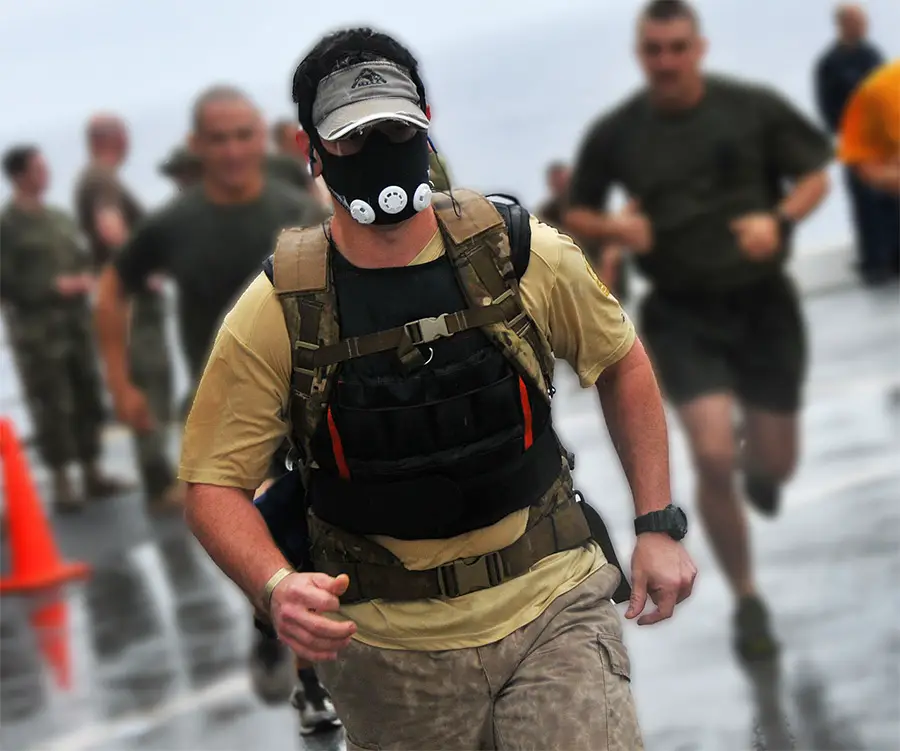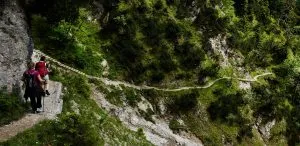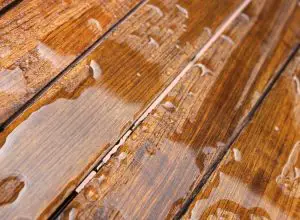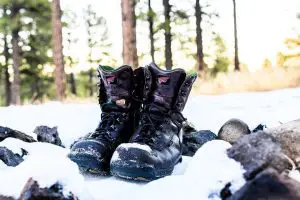Hiking With An Elevation Mask: Is It Worth It?

Whether you’re an experienced hiker or just starting out, there’s always something new to learn and experience. And if you’re looking for ways to step up your hiking game, using an elevation mask may be worth considering. But does it actually work? And are there any potential risks associated with using one? In this article, we’ll take a closer look at elevation masks and their effects on hiking. Keep reading to learn more!
Quick Links
What Is an Elevation Mask?
Remember Bane from the Dark Knight Rises? The iconic villain wore a mask that covered his entire face and delivered a sort of anesthetic for his injuries and pain. That’s essentially what an elevation mask is – except it delivers oxygen. It’s a device that covers your mouth and nose (or sometimes just your nose) and delivers a flow of oxygenated air.
How Does an Elevation Mask Work?
There are two main types of elevation masks: those that use a positive air pressure system and those that use a negative air pressure system.
Positive air pressure masks work by delivering oxygenated air to your lungs at a higher pressure than the surrounding air. This forces your lungs to work harder, which can help improve your breathing and heart rate.
Negative air pressure masks work by creating a vacuum around your mouth and nose. This causes the surrounding air to rush in, bringing oxygenated air with it.
Elevation masks can be used for both training and actual hikes. When used for training, they can help improve your endurance and breathing capacity. And when used for actual hikes, they can help you acclimate to higher altitudes more quickly.
There is some controversy surrounding elevation masks, as there is with any new fitness trend. Some people claim that they’re ineffective and even dangerous. However, there is no scientific evidence to support these claims. In fact, athletes often use elevation masks to train at high altitudes, and there have been no reports of serious health complications.
Do Elevation Masks Help with Altitude Sickness?
Some evidence suggests that elevation masks can help prevent or treat altitude sickness by increasing your VO2 max. Altitude sickness occurs when you go too high too fast, and your body can’t adjust to the change in altitude. Symptoms include nausea, altitude headaches, fatigue, and dizziness.
Your VO2 max is the maximum amount of oxygen your body can use during exercise. When you’re at a high altitude, your VO2 max decreases because there is less oxygen in the air. This can make it harder to breathe and exercise.
If you’re planning on hiking to a higher altitude than you’re used to, an elevation mask can help you acclimate more quickly and prevent altitude sickness.
Elevation masks work by delivering oxygenated air to your lungs at a higher pressure than the surrounding air. This forces your lungs to work harder, which can help improve your breathing and heart rate. Additionally, the increased oxygen flow can help prevent headaches, nausea, and dizziness.
However, if you do start to feel sick while wearing an elevation mask, it’s important to descend to a lower altitude immediately.
Are There Any Risks Hiking with Elevation Masks?
The risks associated with wearing an elevation mask are relatively low. However, it’s important to make sure that you’re using the mask properly. If you don’t, you could experience some side effects, such as dizziness, lightheadedness, or nausea.
Additionally, if you have any respiratory conditions, such as asthma or COPD, talk to your doctor before using an elevation mask.
And finally, if you start to feel sick while wearing the mask, take it off immediately and descend to a lower altitude.
Do Elevation Training Masks Really Work?
According to a study by the Journal of Sports Science & Medicine, wearing an elevation mask was found to improve VO2 max by up to nearly 35% in non-mask wearers.
However, another study by the Journal of Strength and Conditioning Research found that wearing an elevation training mask actually hindered performance.
In this study, two subjects quit testing due to discomfort with the breathing restrictions caused by the mask. Another participant experienced severe dizziness and lightheadedness. Results of the study concluded that while using an elevation mask doesn’t fully hinder resistance training – it didn’t really help much, either.
So what’s the final verdict?
Well, the jury is still out on whether elevation masks improve athletic performance. However, an elevation mask might be worth a try if you’re looking for a way to increase your VO2 max. Just be sure to use it properly and listen to your body – if you start to feel sick, take the mask off immediately.
Is an Elevation Mask Worth It?
An elevation mask can help you acclimate more quickly and prevent altitude sickness if you frequently hike or climb to high altitudes. So if that’s the case, an elevation mask may be worth it for you. Additionally, increased oxygen flow can help improve your breathing and heart rate.
However, a mask might not be necessary if you’re just starting out with elevation training. And if you have any respiratory conditions, such as asthma or COPD, talk to your doctor before using an elevation mask.
Finally, if you decide to use an elevation training mask, be sure to listen to your body and take it off immediately if you feel sick.
What’s The Best Elevation Mask?

There are a few different types of elevation masks on the market. Some, like the Training Mask 3.0, have adjustable air valves that let you control the level of difficulty. Others, like the Elevation Training Mask 2.0, have a set level of difficulty.
If you’re just starting out with an elevation mask, I would recommend the TRAININGMASK Training Mask 2.0. It has a set level of difficulty, so you don’t have to worry about adjusting the air valves. And it’s less expensive than some of the other options on the market.
Additionally, the Training Mask 2.0 makes you work on breathing in and out and can help simulate high-altitude training.






